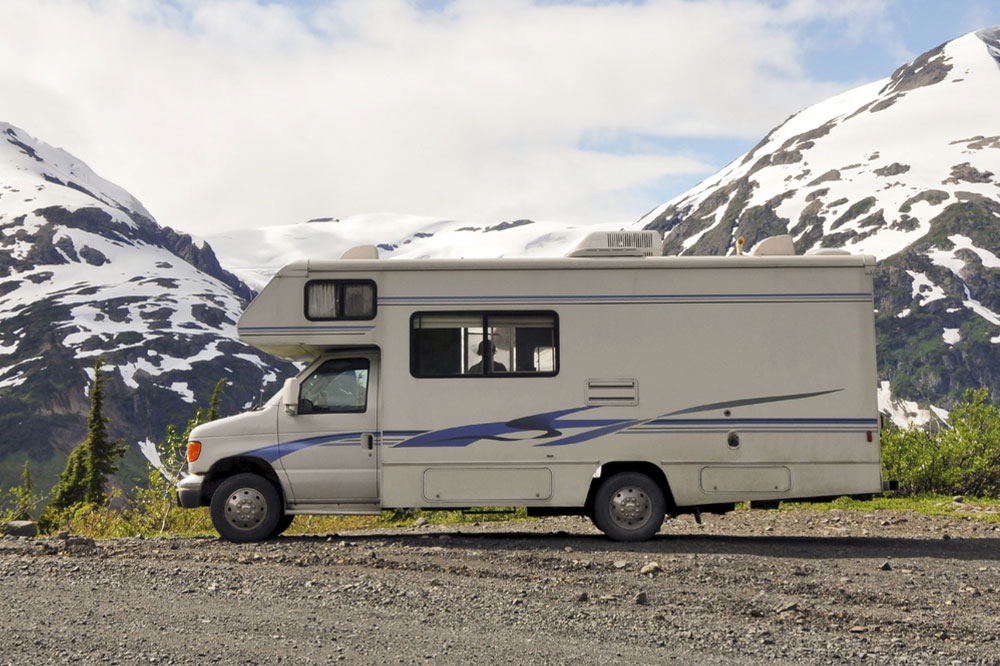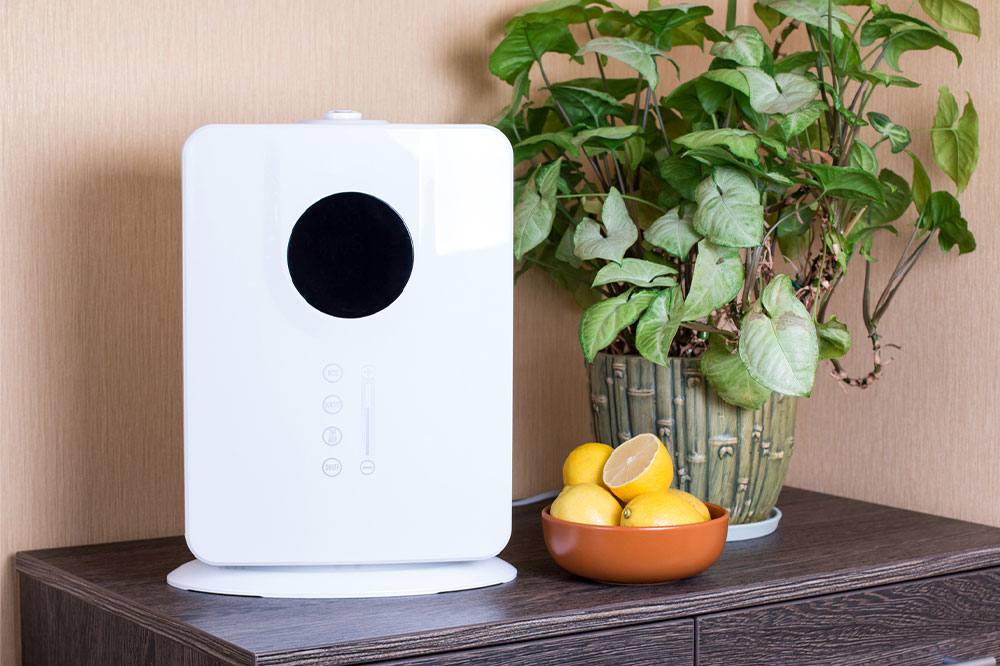5 issues to check for before buying a used RV

Thinking about the motorhome lifestyle where you can drive off to any part of the country without having to worry about work or rent? Is the full-time RV life calling out to you? There are numerous reasons why you should pursue the nomadic dream, but before you make that huge investment, carefully weigh its pros and cons. To help you out, here are five common issues to check for before buying a used RV.
Common issues to expect and check for in secondhand RVs
Water leakage
Water leaks are an inevitable problem if the RV has been used for a while. Even if you invest in the best make and brand available on the market, preparing for all weather scenarios is impossible. Ensure you thoroughly check the floors, outer panels, inner walls, and roof for any signs of water damage. Hardened sealants, cracking, and delamination are all problems that can promote water damage. Before buying a camper, crosscheck its repair and damage history to be entirely certain. You can also take the advice of your regular mechanic or a knowledgeable friend/family member.
Clogged air conditioner
Checking the RV’s electrical fittings is just as important as checking its engine. You don’t want to invest in a vehicle that has a faulty HVAC and air conditioner. If you come across AC and HVAC filters that have been clogged and left unclean during the inspection, abandon your plan of buying the RV immediately. A clogged-up filter is all the proof you need about the kind of care the RV has received from its previous owner. Consider low levels of cooling after turning on the AC as another indication that the equipment is not up to par.
Worn out tires
It is always better to replace worn-out tires. They are unstable and more prone to causing accidents as opposed to new wheels. Experts suggest that RV tires should be replaced every five years. That said, it also needs to be checked if the RV you are buying actually has a fresh set of wheels or if it just looks like a new set. Find the DOT label on the sidewall and check the four-digit code printed on it. This code will tell you which year and week the tires were manufactured.
Poor power management and electrical glitches
RVs are fitted with several electrical appliances and circuits. Engaging a technician for every issue could prove to be expensive, and several RV owners might DIY a fix for a minor inconvenience. However, you still need to pay attention to all the DIY work the previous RV owner has done, especially on the power management system and the circuits fitted in the vehicle.
Mold
If the RV has water damage, there are chances it also has mold growing in its crevices. Similarly, if the motorhome has mold in small cracks or dark corners, it may have water damage, even if it’s not visible to you. Check all the closets, cabinets, and other dark places in the RV. If these storage spaces feel warmer than the rest of the RV, it is all the sign you need that there is mold somewhere in there festering in the dark.




